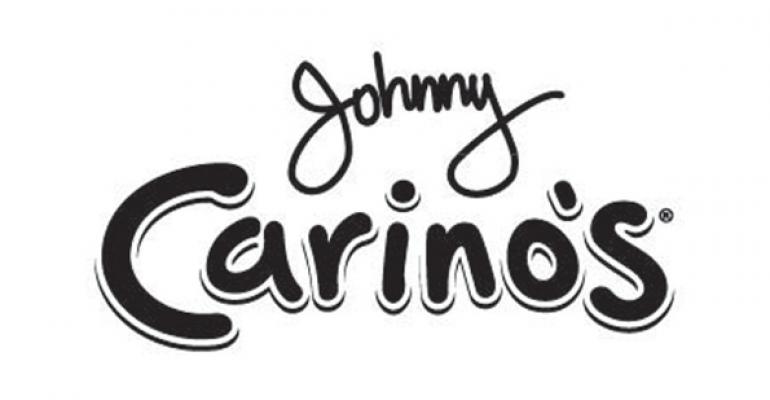Fired Up Inc., the operator of the casual dining chain Johnny Carino’s Italian, filed for its second bankruptcy in three years this week and is looking for a buyer.
In a filing with federal bankruptcy court in Texas, the CEO of the Austin-based casual dining Italian chain blamed a host of influences for its renewed struggles — including the weak casual dining environment, low oil prices and higher-than-expected costs associated with the Affordable Care Act.
“The company’s best-laid plans in its first [bankruptcy] case have been thwarted largely by the economy and negative change in the casual dining market place,” Fired Up CEO and Chairman Creed Ford said in a bankruptcy filing. That made projections from the first bankruptcy, filed in 2014 and closed only this year, “overly optimistic.”
Carino’s has been closing locations in recent years, including some that it had planned to turn around following its previous bankruptcy, and currently owns 36 company stores and franchises another 48, according to filings. At its peak, in 2006, the chain had 173 company-owned and franchised locations in 30 states.
Ford, who owns controlling interest in the company, said that Fired Up began looking for ways to sell most or all of the company’s locations earlier this year and “liquidate assets that are not being used” to maximize repayment of the company’s creditors.
Ford wrote the company has been negotiating with various groups interested in purchasing “some or all of our assets” and the filing was done to “promote an orderly liquidation with a possible reorganization of a very few locations.”
“I anticipate that most of Fired Up’s current locations will ultimately be sold to one or two groups and we anticipate establishing sales procedures shortly after we file,” Ford wrote.
Fired Up has its roots in 1997, when Ford and Norman Abdallah formed the company to acquire the Kona Restaurant Group from Brinker International. After reaching its peak, however, the casual dining decline and the recession led to a steady decline in sales. The company closed unprofitable stores, but its heavy debt load ultimately led to the 2014 bankruptcy.
Various “exogenous factors” affecting the economy after the company’s first bankruptcy plan was confirmed hurt revenues, according to bankruptcy filings. Fired Up said the decline in the price of oil and gas and closings in the gas industry also hurt the company’s sales.
Costs related to the Affordable Care Act were also higher than the company expected when it had filed for bankruptcy. Marketing expenses were also higher than anticipated because the company had to spend more money to attract customers.
The company had a steep loss in revenue. In its 2014 fiscal year, which ended June 25 that year, according to the bankruptcy filing, Fired Up had $110 million in revenues and a net loss of $5.6 million, and 7 million in guest counts. By its 2015 fiscal year — ending Dec. 30 — revenues had fallen to $86 million and the company had a net loss of $5.5 million. Yet guest counts had actually increased to 7.6 million.
Fired Up has $19 million in secured debt, including nearly $12.6 million to FRG Capital and $5.1 million to Prosperity Bank and a small amount to Independent Bank of Waco. Ford’s family owns FRG Capital.
The company has no real property assets as its locations are leased.
Contact Jonathan Maze at [email protected]
Follow him on Twitter at @jonathanmaze





